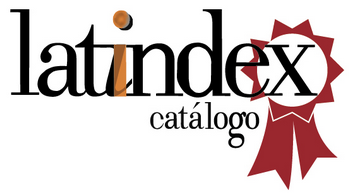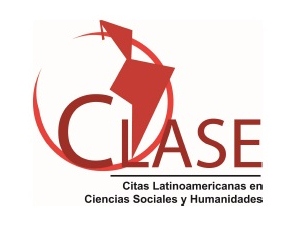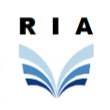Lógica y Teoría de la Argumentación
Resumen
El objetivo de esta nota es considerar las relaciones entre la lógica y la teoría de la argumentación. En concreto, nos preguntaremos si se trata de manifestaciones distintas del mismo tipo de actividad teórica, o si la lógica es parte de la teoría de la argumentación –y, en ese caso, cuál sería su función dentro de ella.Citas
BERMEJO-LUQUE, L. (2011) Giving Reasons. A linguistic pragmatic approach to Argumentation Theory. Dordrecht: Springer
GOVIER, T. (1987). Problems in argument analysis and evaluation. Dordrecht: Foris.
GROARKE, L. (1992). “In defense of deductivism. Replying to Govier”. En F. H. van Eemeren, R. Grootendorst, J. A. Blair y C. A. Willard (eds.). Argumentation illuminated (pp. 113–121). Amsterdam: SicSat.
TOULMIN, S. (1958). The Uses of Argument. Cambridge: Cambridge University Press [trad. M. Morrás y V. Pineda, Los Usos de la Argumentación. Barcelona: Península].
Una vez que un texto es aceptado para su publicación en Quadripartita Ratio, sus autores deben firmar dos documentos de carácter legal: una Licencia de uso y una Declaración de autoría.
Con la Licencia de uso, los autores autorizan la publicación de su obra y la difusión de ésta (integración en bases de datos, difusión en nuestras redes sociales, reediciones posibles, etc.). No obstante, se autoriza la descarga, reproducción y distribución de todos nuestros contenidos publicados, siempre que no se modifique el contenido y se indique su origen (nombre de la revista, volumen, número, páginas y dirección electrónica del documento).
Con la Declaración de autoría, los autores manifiestan que la obra es de su autoría, original e inédita.









